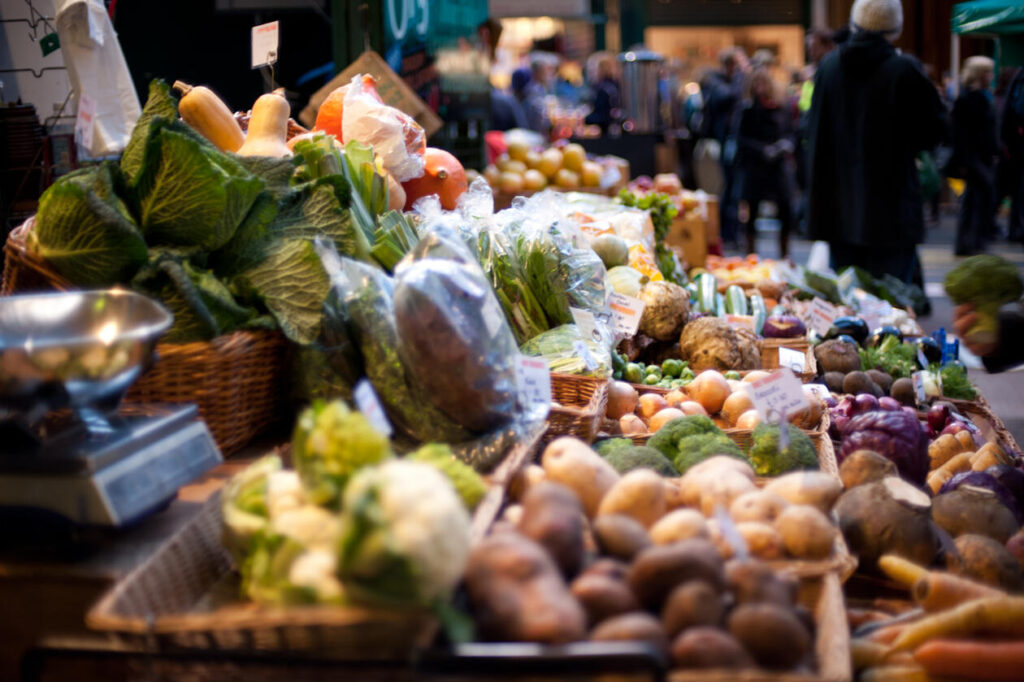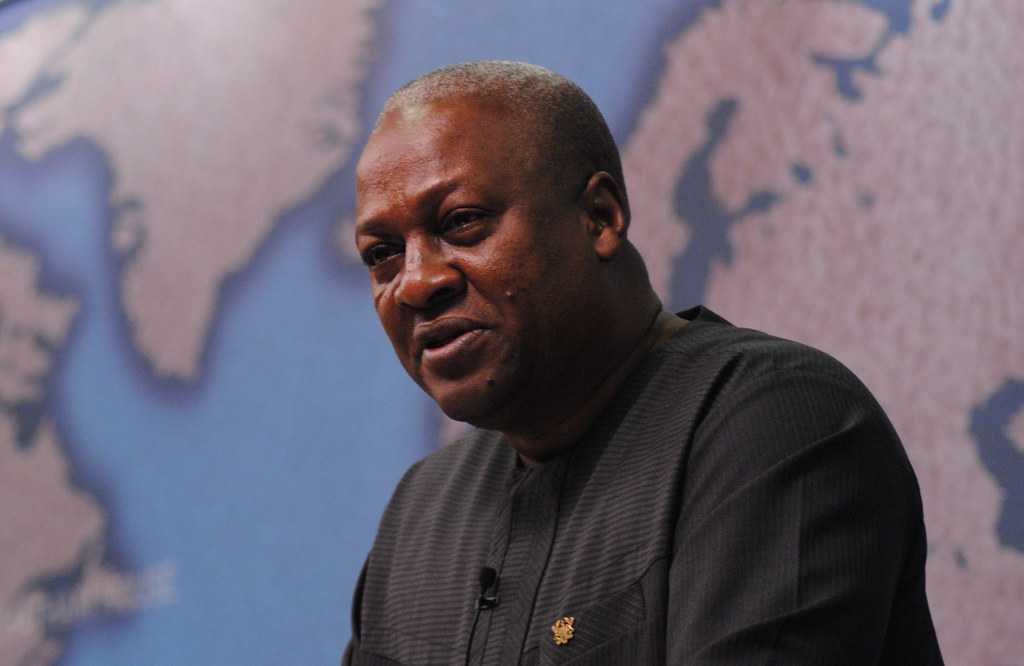The man who piloted the United Kingdom through the last three tumultuous years will leave a bulging red box for his successor. Liz Truss will find it stuffed full of the serious problems he and his lightweight cabinet have failed to fix, put into the “too hard” basket, or simply ignored.
Mercifully, the disgraceful and deluded Boris Johnson – United Kingdom’s worst prime minister in over 100 years – is close to the end of his reign. Currently on holiday in Greece and having already moved his belongings out of 10 Downing Street, he intends to spend his final days at the prime minister’s country retreat at Chequers.
The biggest issue he leaves behind is the economy. Thanks to Brexit, GDP is shrinking, and the UK is the worst performing economy in the G7, with low investment, low productivity, skills shortages, and surging inflation. This week, Citibank’s chief UK economist flagged that by the New Year it will rise to above 18 percent, well above the average of leading industrial nations and UK Treasury forecasts. The Bank of England, despite its independence from government, has been slow to raise base rates, still just 1.75 percent, though interest rates are expected to double in September and move sharply upwards thereafter, causing pain to millions of mortgage holders and depressing further the already soft housing market. Those not lucky enough to have short-term, fixed-rate mortgages will face an increase in monthly repayments expected exceed average energy costs, which are expected to be above £4000 a year for the average household from 1 October.
Making matters worse is the wave of strikes that are now disrupting British life. These are not political strikes, as some newspapers have suggested, but simply unions representing tens of thousands of workers who have endured static wages and seek at least a partial catch up with inflation. The most serious is a one-week strike at the country’s biggest container port, Felixstowe, which handles almost half Britain’s trade. Unions have rejected a seven percent pay offer and are demanding ten percent. This, and a similar strike planned for the port of Liverpool, will seriously disrupt supply chains.
Criminal barristers are also about go on strike for the first time ever, adding to the already long delays in bringing suspects to justice. For example, a man accused of stabbing to death an octogenarian in his wheelchair last month will not come to trial until well into next year. And there have been rail strikes throughout the holiday period causing disruption and inconvenience, though no more than the almost daily cancellation of flights by airlines because of staff shortages.
Then there is immigration. One day last week saw 1295 migrants cross the Channel illegally from France to England. So far this year, 22,500 men, women, and children – double the 2021 rate – have made the dangerous crossing. What some of Johnson’s allies termed fancifully the “Australia solution” – flying illegal immigrants offshore to the African Republic of Rwanda for processing – has not yet been put into practice, mainly because of legal objections. Meanwhile, genuine refugees from the war in Ukraine and Europeans seeking to fill vacancies are finding the process of getting visas long and deeply frustrating.
But undoubtably the most miserable aspect of life in broken Britain is the National Health Service (NHS). Burdened by bureaucracy and starved of clinicians, the British health service is unable to cope with the huge demand for its services. An all-party Commons committee last month found that the waiting list for hospital treatments in England and Wales had reached an all-time high of 6.5 million – more than 10 percent of the population. The report said the NHS is facing the biggest workforce crisis in its history, and is short 12,000 doctors and more than 50,000 nurses. Johnson made an election pledge three years ago to recruit nurses, but no plan has been put in place. Ambulance crews must often wait with their patients in trolley bays for hours outside Accident & Emergency centres because there are no beds available. The service is also severely stretched. One driver told me it was not unusual to be the nearest available vehicle called to an accident more than 50 miles away.
On 6 September, a new prime minister will move into Downing Street and attempt to clear up the mess left by Johnson. It is likely that most of the 160,000 members of the Tory party will select Liz Truss, presently foreign secretary and the most experienced of the present crop of Cabinet ministers. As British trade secretary, she was well known in Canberra for signing up to a trade deal which strongly favoured Australia.
Born the daughter of a maths professor and a nurse, she attended a state school in Leeds and earned a place at the University of Oxford where she graduated with a BA in politics, philosophy and economics (PPE), and presided over the Liberal Democrats society. Early in her career, she participated in nuclear disarmament marches and later spent a decade in managerial roles for companies such Cable and Wireless and Shell. She turned to politics, becoming a Conservative back bencher for a rural Norfolk constituency.
Truss’s competence with numbers would be an asset when dealing with the range of problems, including those of her own making. Her repeated promises of a raft of immediate tax cuts, including foregoing planned rises in national insurance, corporation taxes, and green levies, will cost at least £20 billion (A$34.4 billion) which can realistically only be found by borrowing. Truss has also pledged a 50 percent increase in defence spending and over £20 billion for new railways. It is not unreasonable to assume that Britain’s national debt, now £1.6 trillion, will explode when interest rates head towards ten percent, rendering Truss’s policies undeliverable.
Truss also has serious character flaws to overcome. She likes to be liked, often saying what her audience wants to hear rather than giving them reality. She tends to change course, as when – after voting for Britain to remain in the European Union – she joined the Johnson bandwagon and became a Brexiteer. Her tutor at Oxford, writing recently in the London Sunday Times said her most noticeable characteristic was “the capacity to shift, unblinkingly, from one fiercely held belief to another.”
Her strength of character will be tested in the sphere of foreign relations. She needs urgently to repair the UK’s relationships with allies, notably the European Union and the United States, and to agree a more unified approach for support of Ukraine in the war with Russia, a conflict which now seems set for the long haul. Brussels and Washington will never forgive Johnson for reneging on the deal he negotiated and signed to give effect to Brexit, so it would be up to Truss to find a way to bolt Britain back into the Western alliance.
I remember the last time inflation in Britain reached 18 percent – in the 1970s when I was the BBC economics correspondent reporting on industrial mayhem, widespread unemployment, an enforced three-day working week, and a falling pound. We are heading into those black clouds again, and Truss will need to keep a very close eye on the instruments before her.
Colin Chapman FAIIA is editor-at-large of Australian Outlook and a fellow of the Australian Institute of International Affairs. He was president of AIIA New South Wales. Colin is a writer, broadcaster, and public speaker who specialises in geopolitics, international economics, and global media issues. He has held executive positions at the BBC and Financial Times.
This article is published under a Creative Commons Licence and may be republished with attribution.




